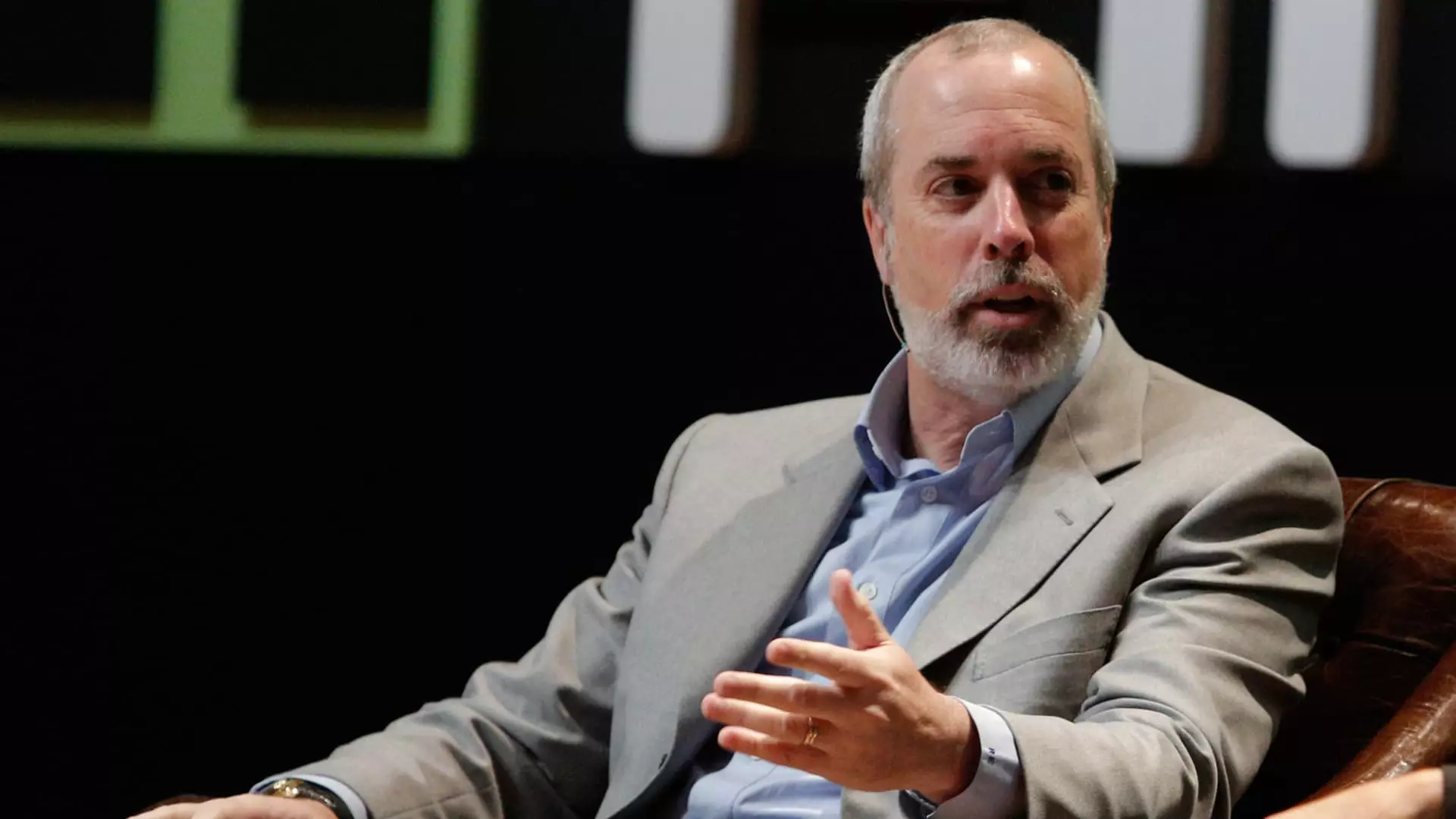In one of the most critical discussions surrounding personal finance today, Ric Edelman, a stalwart in the world of financial advice, has drawn attention to a glaring issue: the prevalent lack of financial literacy across the United States. His assertion that “We stink at it” reflects not only dissatisfaction with our current education systems but also a deeper societal malaise when it comes to the topic of money management. The truth is, for a country founded on principles of freedom and self-determination, our grasp of personal finance remains woefully inadequate.
Historically, the American tradition has not emphasized the importance of financial education, leading to generations of individuals who may understand their rights as consumers but not their responsibilities as investors. Edelman brings an essential point to the forefront—extended life expectancy introduces new challenges. As the Baby Boomer generation, now living into their 80s and beyond, exemplifies, individuals must rethink traditional financial models. A standard 60-40 stock and bond portfolio may no longer suffice. The essence of long-term financial security requires not just investing but a nuanced understanding of risk, savings, and planning for an unpredictable future.
The Allure of Get-Rich-Quick Schemes
Another unsettling trend is the burgeoning reliance of younger generations on get-rich-quick schemes. Edelman primarily criticizes the rise of trading platforms that invite users to gamble with their finances rather than to invest wisely. The phenomenon of zero-day options and other high-risk trading strategies has morphed into a kind of financial gambling—a perilous game for those untrained in the nuances of investment strategies.
As a consequence, many young investors find themselves lured into financial traps, mistaking gambling for investing. The New York Stock Exchange’s data, indicating that nearly half of all retail traders engaged in options trading by 2022, underscores how deeply ingrained this risky mindset has become in the financial landscape. The underlying illusion of quick wealth is attractive but dangerously deceptive; it breeds a culture where financial literacy takes a backseat to the thrill of momentary gains.
Consumer Exploitation and Complication
Edelman is clear about another critical issue: the exploitation of consumer ignorance by corporations. Forcing complexity in financial products serves to entrap rather than empower the consumer. This is a massive disservice to a population already grappling with inadequate financial education. The sense of being a “hostage” in a convoluted financial system highlights a larger crisis of trust. Young investors need to question where their financial advice is emanating from; social media platforms like TikTok offer snippets of information that can surely mislead or even harm rather than help.
The responsibility lies not only with potential investors but also with the structures intended to support them. Schools should be actively engaging in creating a generation that is well-equipped to handle financial challenges by mandating personal finance courses, which only recently gained traction. While it’s encouraging to see that 27 states now require such education for high school graduation, we must reflect on the urgent need for comprehensive financial literacy to become the norm rather than the exception.
The Hopeful Outlook for Youth
Despite these alarming issues, there remains a sliver of hope among younger Americans. Many are acutely aware of the financial pitfalls that ensnared their parents, igniting a fire within them to pursue financial success. Edelman emphasizes this motivation is pivotal; it could inspire a cultural shift towards informed financial decision-making.
The challenge, however, remains formidable. The overwhelming burden of student loans and a challenging job market often leaves fresh graduates with little to expend on investments after meeting their immediate financial obligations. Yet, every economic challenge presents an opportunity for learning and growth, and this reality could push future generations toward utilizing their financial acumen wisely.
As we navigate these tumultuous waters, the critical takeaway is the urgent need to enhance financial literacy as a national priority. This is not merely an educational concern but a societal imperative, essential for individuals to reclaim their agency over personal finances, fostering a healthier financial future for everyone.

